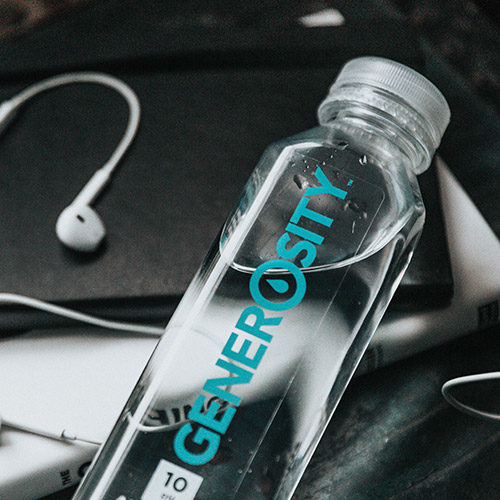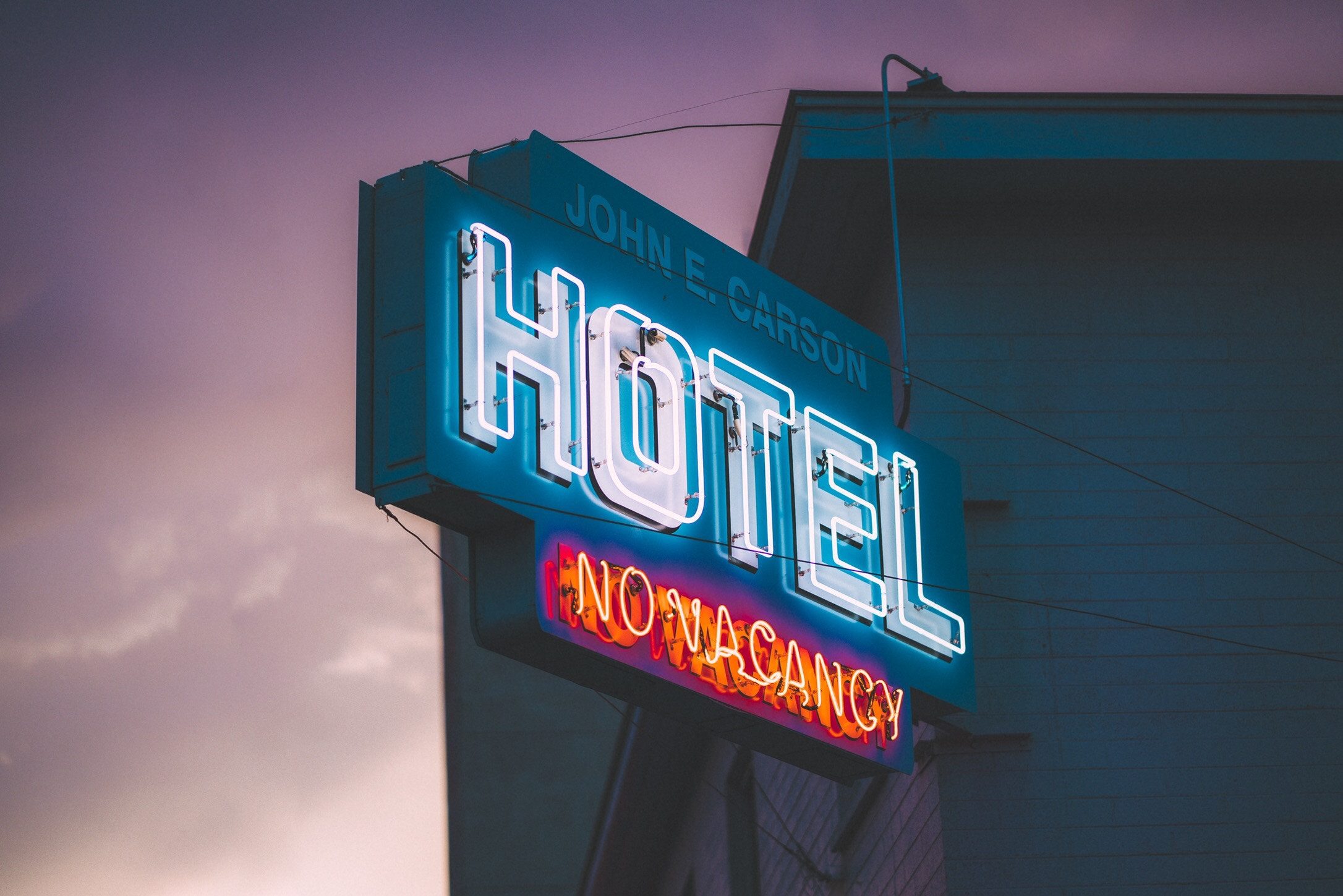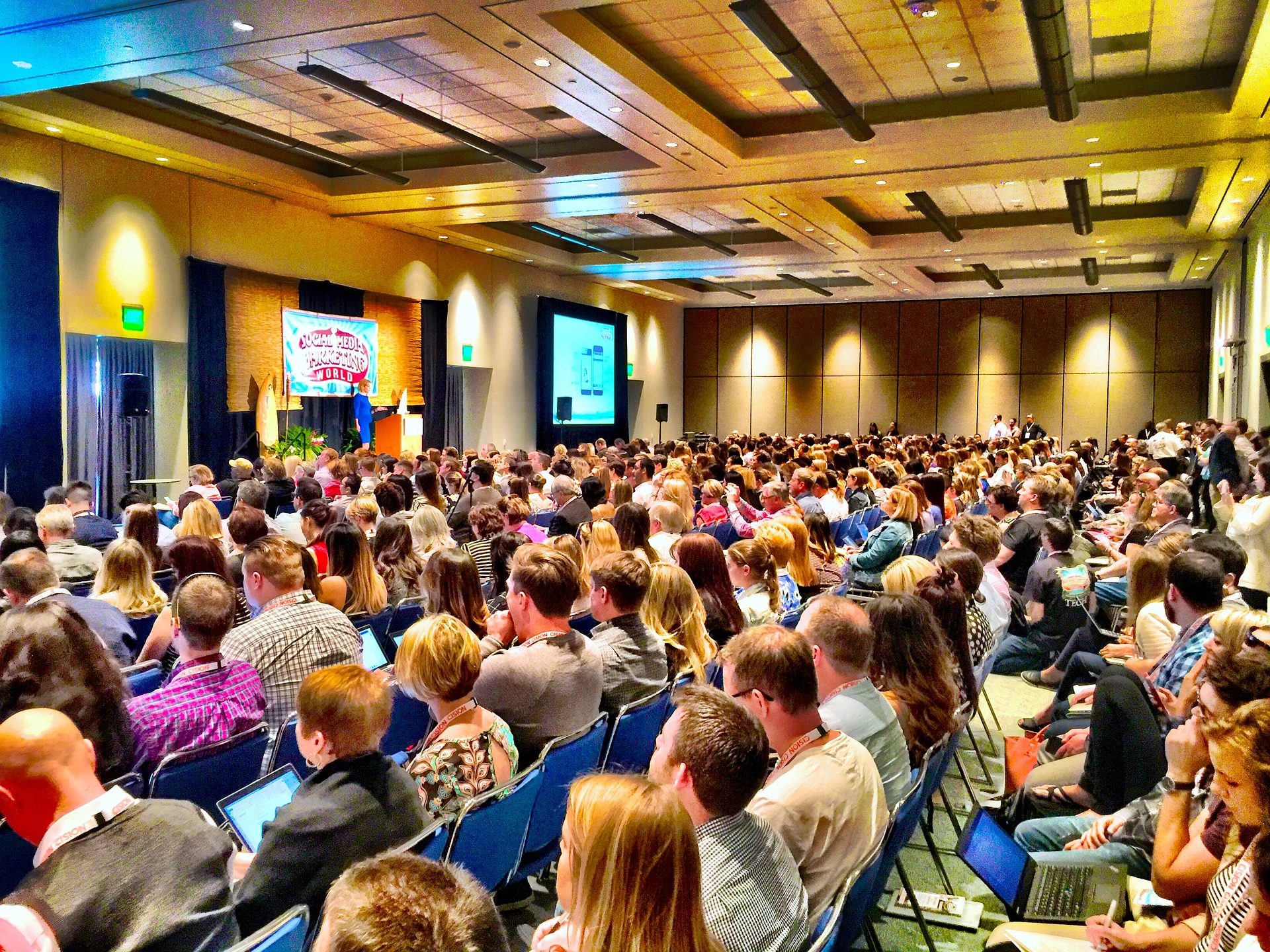How Hotels Can Compete with Airbnb
Airbnb and other short-term rental websites have been big disruptors in the hospitality industry. Many millennial travelers have come to prefer this alternative style of lodging for its value and convenience. Hotels risk the chance of losing valuable market share to short-term rentals if they don’t find ways to regain the favor of young consumers. So how can hotels compete with Airbnb? In order to complete with Airbnb hotels must do two things. First, understand what makes short-term rentals so attractive and second, highlight the benefits of choosing a hotel.
Focus On Community
Travelers are typically attracted to short-term rentals because they are less expensive than a traditional hotel. In addition, guests feel they offer a more authentic experience while they’re visiting a new city. Young travelers are looking to experience a city more as a local than as a tourist. To get the attention of these consumers, hotels should try to present themselves as an extension of their community. Local restaurant concepts are a great way to attract neighborhood residents to a hotel. A hotel restaurant or bar frequented by locals helps guests feel like they’re part of an authentic neighborhood experience. Meanwhile, guests can still enjoy the comforts that come with staying at a hotel.
Highlight Amenities
A hotel’s staff is its most valuable asset when it comes to completing with Airbnb. When marketing to millennials, hotels should highlight the service and amenities Airbnb can’t offer. On-site recreation, dining options, and round-the-clock service are all benefits that short-term rentals simply can’t offer. Hotels can also provide guests with a far more secure stay than Airbnb. There is no risk of being faced with an unscrupulous host when guests choose to stay at a hotel. Meanwhile, there are plenty of documented cases of Airbnb stays that have gone wrong due to bad hosts and misrepresented properties.
Find Ways to Add Value
One of the biggest draws of a short-term rental is pricing. Hotels can attract first time guests with promotional pricing, but it’s important to also lay the foundation to gain that customer’s repeat business. Providing an excellent customer experience is a great start, however, price will likely still be a factor when that guest is ready to book another hotel. Loyalty programs that offer preferred pricing and other incentives are a great way to keep guests coming back for years to come.
Great customer experiences start with a stable supply chain. Contact Source1 Purchasing to learn about their strategic supplier program.


















